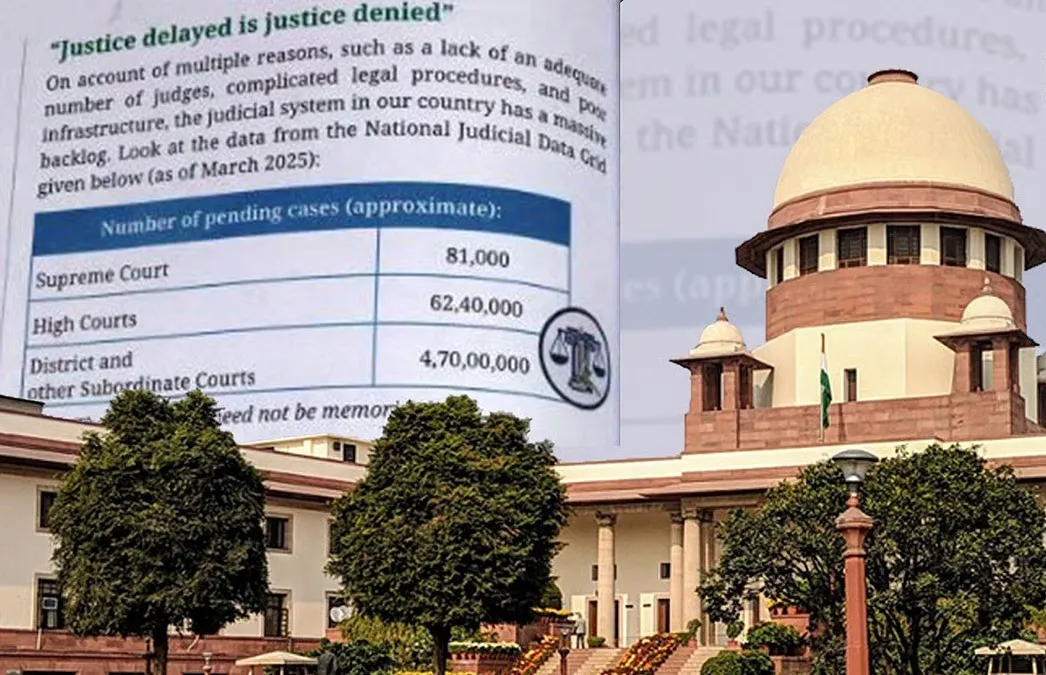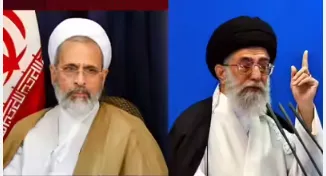

Tehran, March 1: Following the killing of Ayatollah Ali Khamenei in a joint US-Israeli airstrike on Tehran, senior cleric Ayatollah Alireza Arafi has been named as Iran's interim Supreme Leader, according to the state-affiliated ISNA news agency.
The assassination of Khamenei prompted the activation of Article 111 of Iran's Constitution, which triggered an emergency leadership framework. Under this mechanism, a three-member council assumes the Supreme Leader's powers until a permanent successor is selected.
Ayatollah Arafi has been appointed as a jurist member of this interim leadership body, a position based on the Guardian Council's constitutional framework. His appointment completes the three-person council now responsible for exercising the Supreme Leader's authority during this transitional phase. Alongside Arafi, President Masoud Pezeshkian and Chief Justice Gholam-Hossein Mohseni-Eje’i will jointly lead the country, holding the ultimate decision-making power previously concentrated in Khamenei’s hands.
Though the council will share leadership duties, Arafi, as the only cleric in a traditionally religious system, will hold the senior position within the trio.
Born in 1959, the 67-year-old Ayatollah Alireza Arafi is a prominent figure in Iran’s religious and political spheres. Before taking on this role, he held multiple influential positions, including leading Iran’s national network of Islamic seminaries, serving as a clerical member of the Guardian Council, and sitting on the Assembly of Experts.